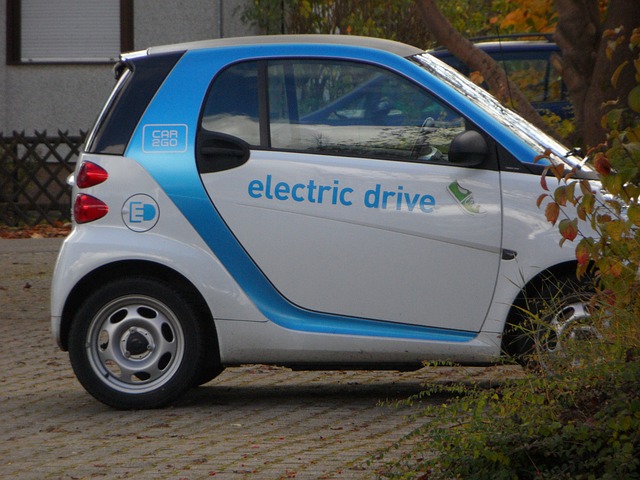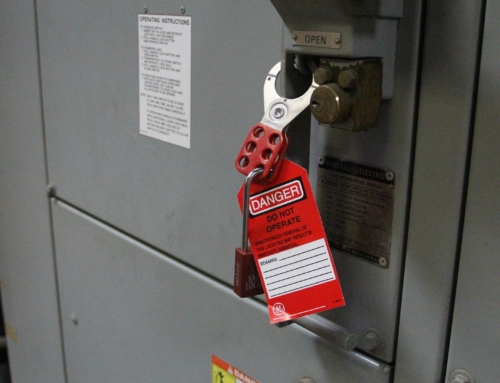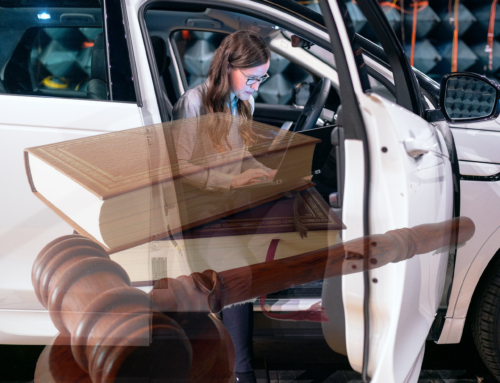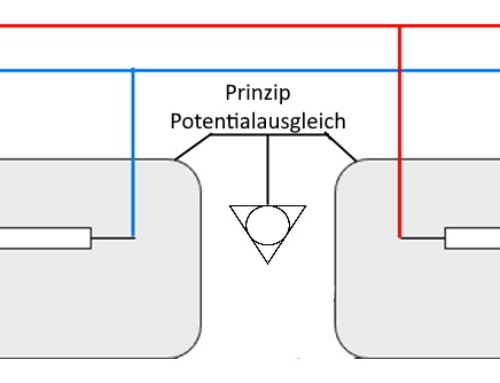Both in conventional drive systems and for electric vehicles, the question is increasingly being asked, especially by young users: Does it always have to be a car of one’s own? This does not mean a complete switch to public transportation. The idea behind this is to have a car available only for the period of real need, whether through rental car offers or car sharing models. In the last ten years, the carsharing sector has grown immensely, since its inception anyway. “In 1988, the first carsharing project was initiated in Berlin with ‘Statt-Auto’ – today, more than 160 carsharing providers are active in Germany,” says Sebastian Hofelich, Managing Director of DriveNow. However, Car2Go and providers that are only active regionally are also confident about the future.
Electromobility can also only benefit from this development; in urban areas in the car-sharing environment, for example, an electrosmart is a real option. In this context, car sharing will not merely be a playing field for getting to know each other, but will demonstrate a real alternative to owning a vehicle with its own parking space in an increasingly changing attitude toward the vehicle. How things will look in rural areas, on the other hand, remains to be seen.










Leave A Comment